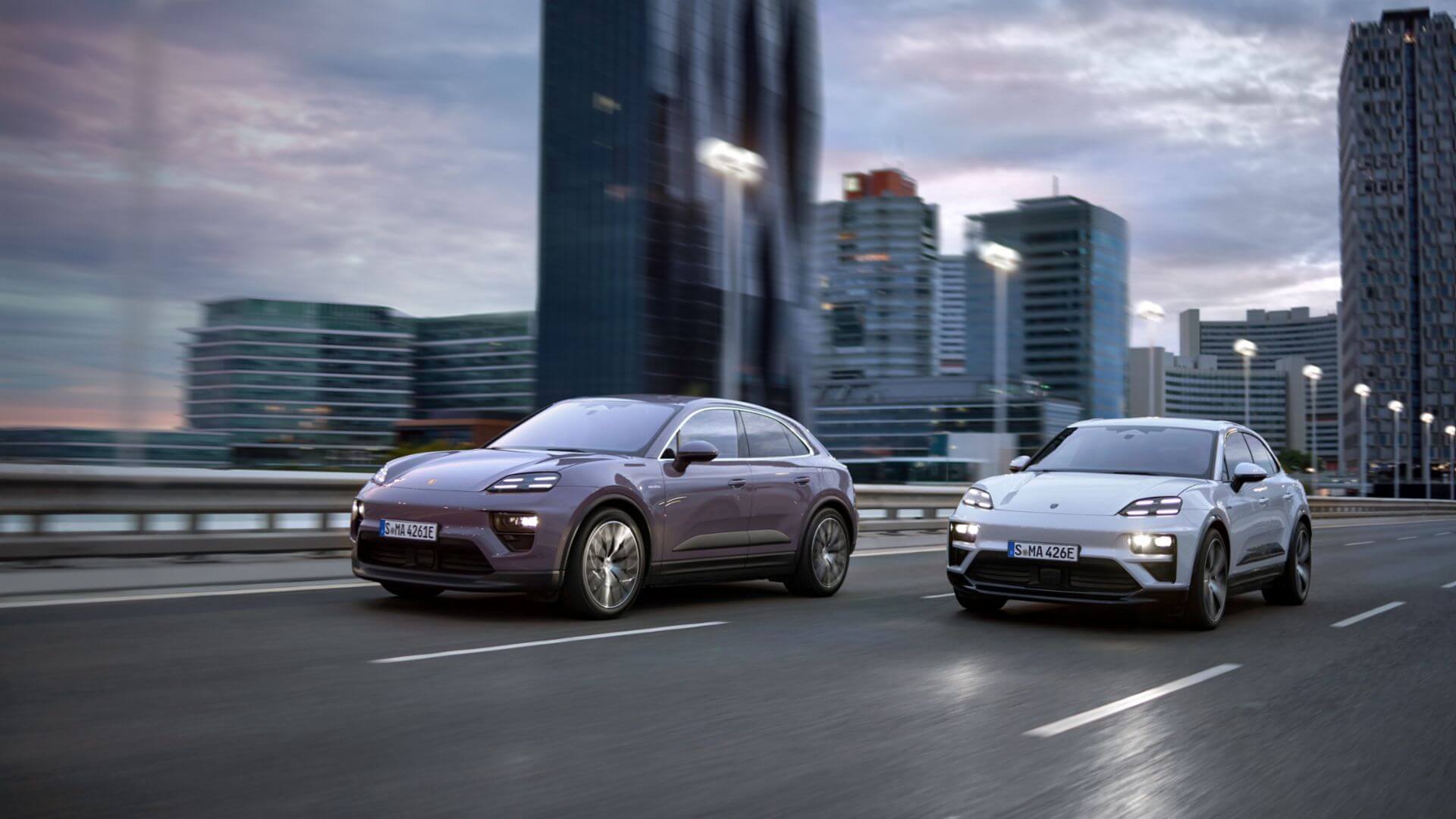Porsche’s Chief Financial Officer Lutz Meschke has stated in a media interview following the conclusion of the Macan EV unveiling on January 25, 2024, that Europe’s initial plan to ban the sale of new fuel cars by 2035 may be postponed, as reported by Bloomberg.
TrendForce’s Insights:
- Prolonging the Battle and Gradually Narrowing the Gap with Chinese Automakers through Trade Barriers
In March 2023, the European Union passed a ban on the sale of new petrol and diesel cars starting from 2035.
Due to opposition from Germany and Italy, after coordination, the European Union agreed not to ban models using synthetic fuels. Range anxiety of electric vehicles continue to affect the willingness of end consumers to purchase cars, becoming the biggest obstacle to the growth of electric vehicle sales.
Coupled with China’s electric vehicle market, which accounts for over 50% of global BEV sales, nurturing Chinese automakers led by BYD, who continuously lead in the technical level of the the battery system, the electric drive system, and the electronic control system compared to Europe, America, and Japan.
Not long ago, Tesla CEO Elon Musk stated that without trade barriers, Chinese automakers would destroy the vast majority of their competitors. Whether this statement is exaggerated or not, trade barriers currently serve as the most effective means for Europe and the United States to prevent the continued growth and expansion of Chinese automakers, as exemplified by the United States’ IRA legislation and the European Union’s anti-subsidy investigations.
Delaying the implementation of the ban on the sale of new fuel cars can synergize with trade barriers, allowing consumers to maintain distance from Chinese-made electric vehicles. This approach provides breathing space for European automakers and US and Japanese automakers in the fuel car market.
With the Dual Strategy of Western and Japanese Automakers, Taiwanese Manufacturers Need Greater Flexibility in Planning
Assuming the postponement of the ban on the sale of new fuel cars, automakers in Europe, the United States, and Japan may simultaneously pursue synthetic fuel technology based on traditional fuel car frameworks while continuing to develop electric vehicle technology.
However, this dual approach, which does not favor one technology over the other, is likely to affect the allocation of resources for electric vehicles. During the era of internal combustion engine vehicles, dominated by Western, Japanese automakers, and Tier 1 suppliers due to various constraints such as patents and technological barriers, it has been challenging for Taiwan to access system-level supply opportunities.
In the era of electric vehicles, Fukuta Elec & Mach Co.’s all-in-one electric drive and control system has entered Mazda’s range-extended electric vehicle supply chain, while Foxconn has launched an electric vehicle manufacturing platform to vie for opportunities in complete vehicle manufacturing from carmakers. Consequently, Taiwan is gradually moving from Tier 3 and Tier 2 to Tier 1.
If automakers in Europe, the United States, and Japan adopt a dual strategy, Taiwanese manufacturers’ opportunities in the electric vehicle field may face reduction or fiercer competition.
Apart from continuously strengthening relevant technologies in the electric vehicle domain, Taiwanese manufacturers also need to enhance the commonality and modularity of their product lines to adapt to the ever-changing industrial regulations under geopolitical shifts.

